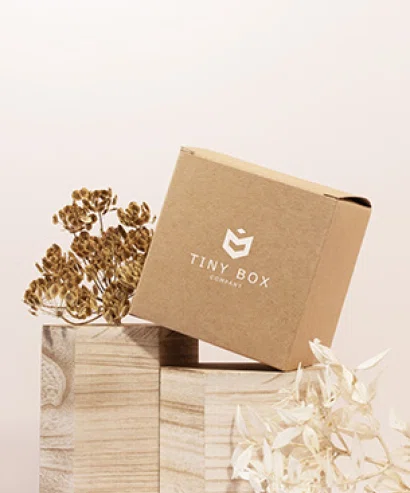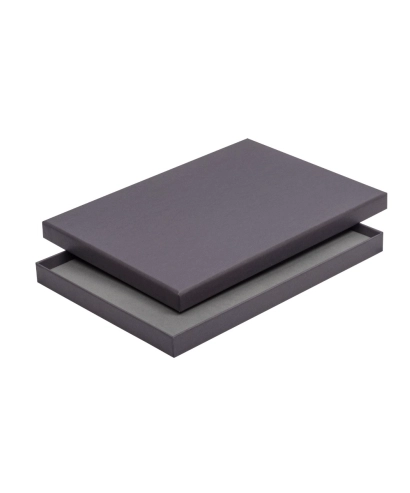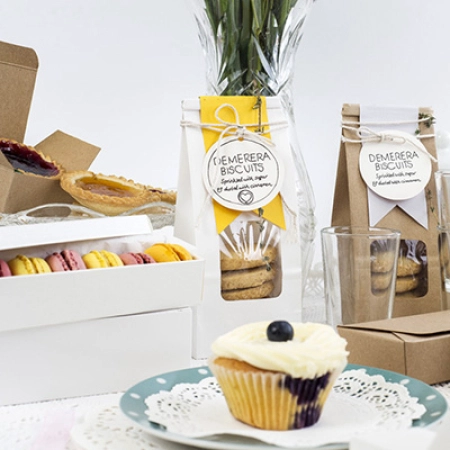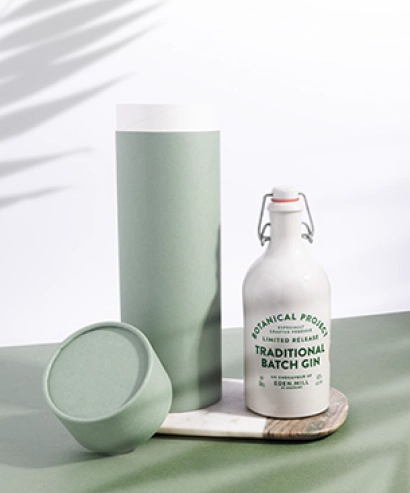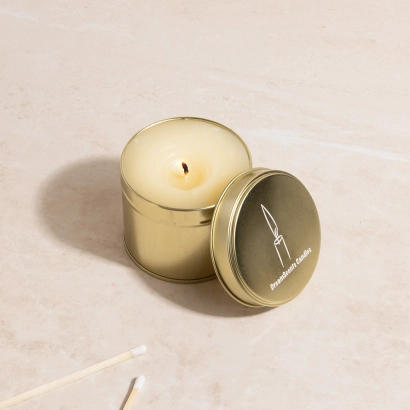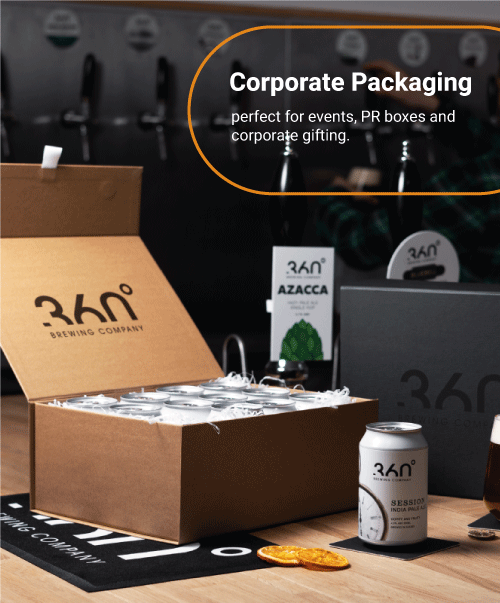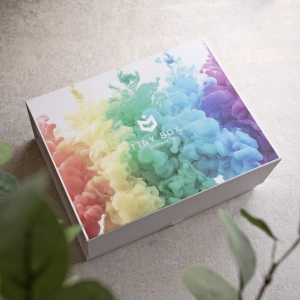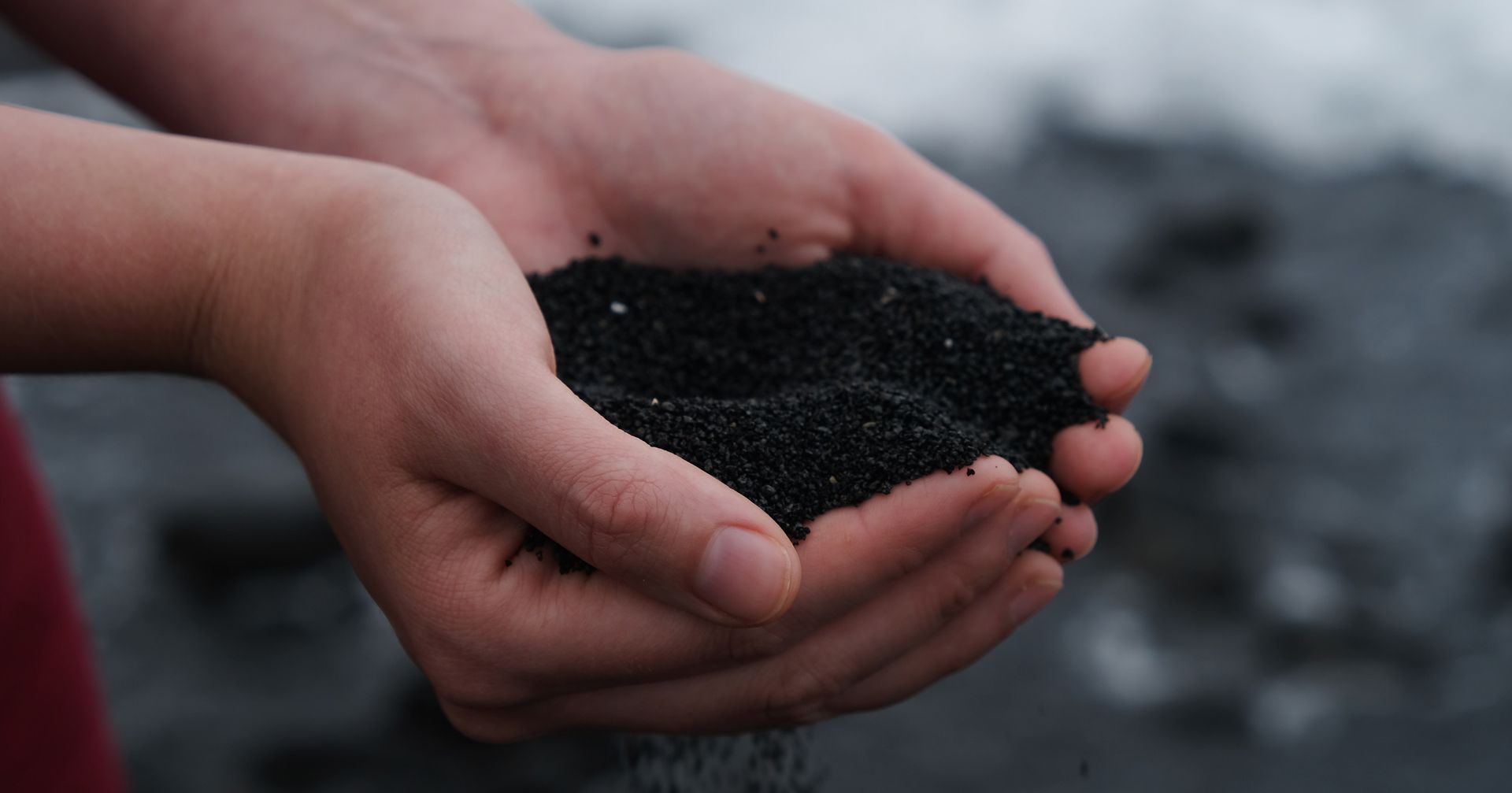
|
Online shopping has quickly risen to the number 1 method of purchasing gifts and retail items (that is, non-grocery items) and it's easy to see why. The invention of the internet and companies like Amazon or Ebay make it incredibly easy and convenient for you to hop on your phone and order a plethora of goods directly to your door. The whole ordering process can take less than a minute if you know what you're looking for and have all of your details saved, and for some areas your order can arrive in less than an hour, or are at least eligible for next day delivery. Estimates put the total value of online orders in 2019 at approximately $3,351 trillion (yes, with a t). This is set to raise to $5,545 trillion by the end of 2022 and is on track to hit $7,385 trillion by 2025. In 2021 China made up the bulk of the world's online sales at a staggering 52.1% of the total, with the US making fewer than half of that at 19%, and UK customers trailing behind at 4.8%. Whilst this trend was going strong prior to the COVID-19 pandemic, the various lockdowns around the world seem to have cemented this mentality into many of us. The extreme convenience of not needing to leave the house and receive your order in no time at all certainly has its appeal, but the environmental impacts could be more serious than we thought. It all starts with shippingUnsurprisingly, depending on the product of course, most of the carbon footprint generated when you shop online comes from shipping. This is of course the case for many goods, even when you buy products from brick-and-mortar stores. Your pack of printer paper, whilst completely recyclable and biodegradable, still has a long history of manufacture and shipping which can rack up tonnes of co2 before you see it in the shop. Add to this the carbon and other harmful gases produced by your car, scale that up to everyone who needs paper that day and suddenly you're looking at a lot more environmental damage. Of course, there is still an environmental impact when your paper is delivered to your door, but by nature 1 van delivering paper to 20 different houses generally requires less fuel on average, causes less noise and environmental pollution and reduces congestion (which in turn reduces pollution even more). The battle of returnsTo add to the growing impact of shipping, this impact is of course doubled when you account for return shipping. Anyone who shops online regularly has returned an item at one point, and sometimes rightly so. Opening a parcel that you've waited ages for to find out that it's not what you thought, or sometimes completely the wrong item, can be really frustrating especially if you've paid a reasonable amount for it. The natural reaction to the wrong or a broken product arriving at your door is of course to return it, and rightly so, if you were to find this product in a brick-and-mortar store and bring it home for it to not be suitable, you'd return that too, so why not return an online order? There are a couple of issues with returning products that you've purchased online. When you shop and return a product in person, that product will be stored on-site until all of the returns for a certain period are collected and dealt with all at once, however when you shop online, your package ends up going through a whole sorting system to eventually end up back at the warehouse it started at. But what about packaging?Sadly, Tiny Box Company isn't in a position to solve all of your shipping woes, however we do have a range of packaging options that chances are we have something that's perfect for you. Whether your business sells online or in person, your choice of packaging can greatly affect the environmental impact of your business. The impacts of plastic mailing bags, plastic packaging or even just envelopes with the little film window can be huge, both in terms of production cost and during the disposal process. Traditional mailing bags are (usually) manufactured with a material called Low Density Polyethylene (LDPE). LDPE is cheap to produce, fairly durable and hard wearing and can be recycled, however when it comes to the end-of-life scenario, products made with LDPE are not biodegradable or compostable. Switching to more compostable material is particularly important because the world runs on compost. The whole world relies on compost to recycle nutrients back into the soil, which comes with many benefits like growing food so we don't starve. More and more businesses these days are starting to recognise the impact on the environment that their packaging generates, from small businesses all the way up to huge corporations. Companies are looking for a great eco friendly alternative to their standard packaging materials. For many, this simply means switching to some kind of recyclable and compostable gift boxes etc, but for many that require something a little less rigid, a bag may be required. An eco friendly mailing bag may be more appropriate for those who ship a range of product shapes and sizes like clothing or jewellery. Having the flexibility of mailing bags can be a great alternative to having to keep a range of different sized boxes, as well as being generally cheaper and easier to store. Our eco friendly mailing bags are a more environmentally friendly and green replacement for traditional mailing bags. They're fully compostable, being suitable for industrial or home composting, reducing waste produced by your brand whilst giving back to the earth. Tiny Box Company compostable mailing bags have a secure sealing strip and are TÜV OK Compost Home and EU Standard 13432 certified, meaning that they're certified for home composting, leaving no toxic residue or harmful remnants in your home composting bin, or alternatively you can discard in your regular garden waste bin.
|




